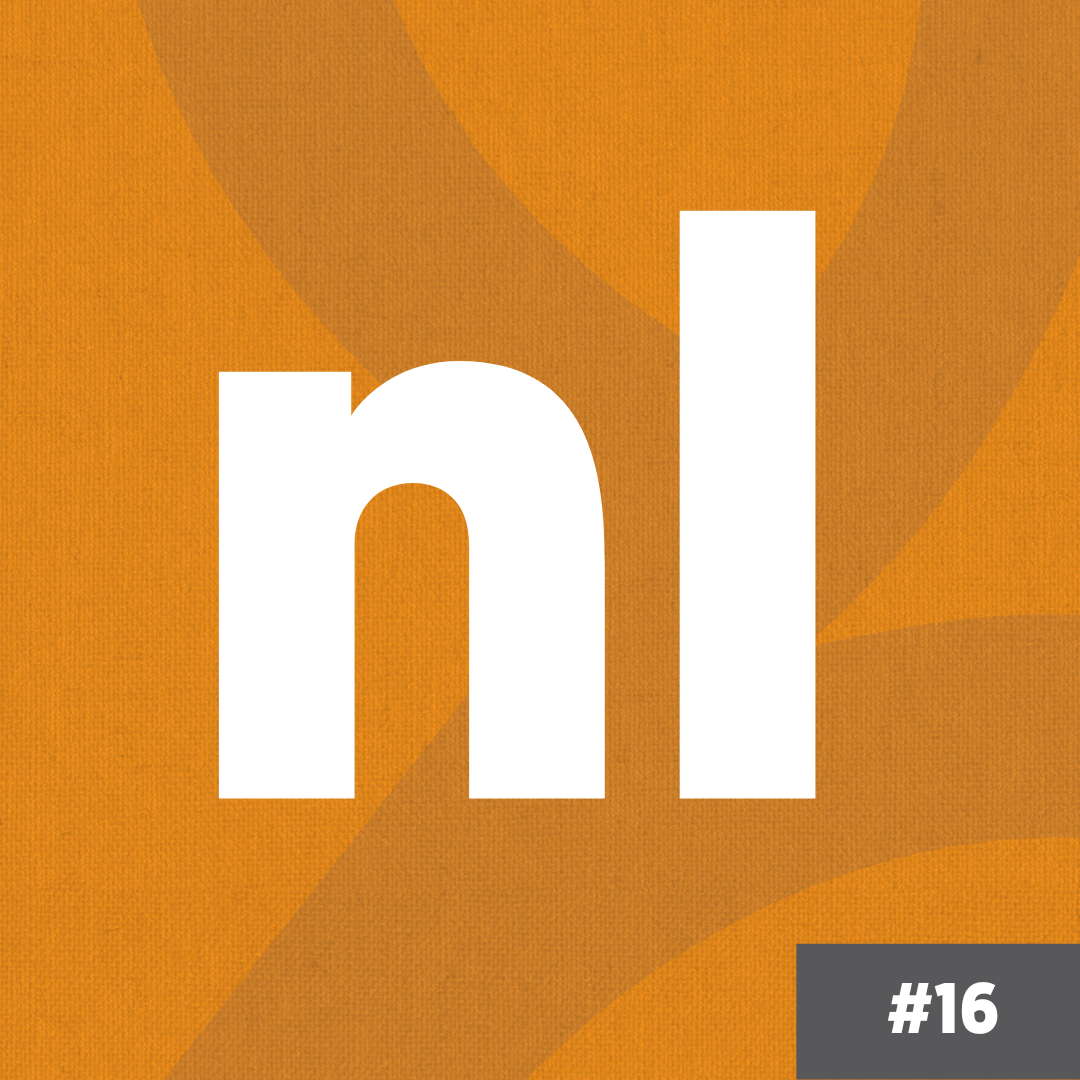💬 In this issue:
- A timeline of critical events: The Funding Dry Run, Silicon Valley Bank, The Great Reset.
- African startups closing doors: 54Gene, Sendy, Dash and more...
- Not all is doom and gloom: 2023 was a tough year, but, there were lots of upsides.
Hey there, Olumuyiwa here again for the last time in 2023. Check out the previous edition of the APS newsletter.
In the first APS newsletter of 2023, I wrote about Jumia, Flutterwave and the future of African tech–granted. Granted, Jumia and Flutterwave are not the pre-seed companies that this newsletter promised, but at the time, both companies had a big year ahead of them. And in true poetic fashion, both companies have been in the news this week as the year winds up. 2023, which I termed Jumia’s “make or break year,” has been truly eventful: new CEO, job cuts, a change of strategy and the closure of a food division. Flutterwave has had its own legal troubles too, in Kenya, and has seen its reputation called into question in 2023.
"Yet, both companies are still here. If there’s a lesson here, it’s that even the biggest players faced a baptism of fire in 2023." - Olumuyiwa
😬 By February, we were back to feeling like we were at the end of the funding dry run. We started seeing some funding announcements, and as one VC closed its €245 million fund, it told everyone who cared to listen that it couldn’t think of a “better time to double down on Africa.” How naive we were in February! By H1 2023, venture funding into African startups was down 46%.
💸 Startup founders told me about the sheer difficulty of raising funding. To put it in perspective, raising funding is difficult at the best of times. But when the market seems to be recovering from a zero-interest-rate hangover, it compounds the difficulty. Bye-bye to super-high valuations that dominated most of 2021, and welcome back to our old friend, due diligence.
🔗 Aligning incentives between founders and investors and system blowback
The lesson for founders soon became clear: it isn’t enough to raise money from a VC. Finding a VC whose success metrics match yours also increases your chances of success. It’s almost a startup cliche, but it helps to remember that sometimes the VC and the startup founders may have different incentives.
🥵 By March, the outlook was ever so dire. “It's tough out there…tough decisions may need to be made,” we said in that month’s edition of the newsletter. The collapse of Silicon Valley Bank, used by many African startups, was a proper scare. 🤐
For many founders, their lives flashed before their eyes and never had the reality of runway and risk been so front and centre. Two startups I know laid off staff despite not losing money to SVB. It just proved to be such a big event that they had to figure out how to have a startup that was immune to unexpected shocks.
By the middle of the year, some terms had become commonplace: unit economics, business fundamentals, the “Great Reset”, dry run, and layoffs. And then something interesting happened: the VC model itself came under scrutiny. Was private equity better suited for Africa? Did VC firms contribute to this frothiness with FOMO and “spray and pray” investing? In downtimes, no one escapes scrutiny.
🧱 The walls closed in
We saw big collapses and failures, and by August, it felt like startups were closing every other week. “Why are such well-funded startups closing shop?” a puzzled audience asked. VCs found themselves scrambling to explain that startup investing is a game where startup failure is the feature and not a bug. 54Gene, Sendy, and Dash are only a handful of startups that closed their doors this year.
Predictably, what followed were conversations about grit. “Money isn’t everything,” VCs and battle-hardened founders warned. The era of throwing money at the problem was dying right in front of us–at least in this investing cycle. Some problems need time and sometimes staying alive in the time it solves that problem is how winners emerge
📈 Varible FX (on the downside) is devaluing the work of USD-funded startups
How did I forget currency devaluation? Across major African markets, currency devaluation has kickstarted conversations about how African startups should aim to sell to a global audience. It’s not as easy as it sounds, but we’ve seen some startups figure it out. Devaluation also meant we were back to talking about what sort of funding startups should look to receive; there were lots of interesting conversations about raising in local currencies too. But ultimately, even those local investors are often looking to catch the attention of bigger, more established VCs.
⚙️ One honourable mention this year are all of the African countries jostling to become the preferred tech location/hub in whatever region you can think of. It can feel a bit like using technology as an easy public relations prop, but perhaps it’s too early to judge. There’s a sense that even if these governments commit to opening up their ecosystems and providing favourable regulation, we may see a few winners in those ecosystems. 🌍
💡 When we look at 2023 wrapped, there’s no gainsaying that it was a tough year. But there were lots of upsides.
The African tech ecosystem saw more transparency, and we’re now asking tougher questions of ourselves. Founders now know that shiny new things that have poor unit economics may not get funded, and the builders continue to build.
There were also a handful of mergers and acquisitions this year, proving that companies that run out of money but have interesting models or solutions can continue to do important work.
2023 was the year of the bear, and cheers to everyone who battled through it!
🔫 Parting shot
What's on your mind? Drop us a note via connect@africanpreseed.com to let us know.
Follow our page on LinkedIn, tag us on socials using #africanpreseedpodcast, #APSnewsletter or #APSVibeCheck.
That's it for now. See you next month! 😉

